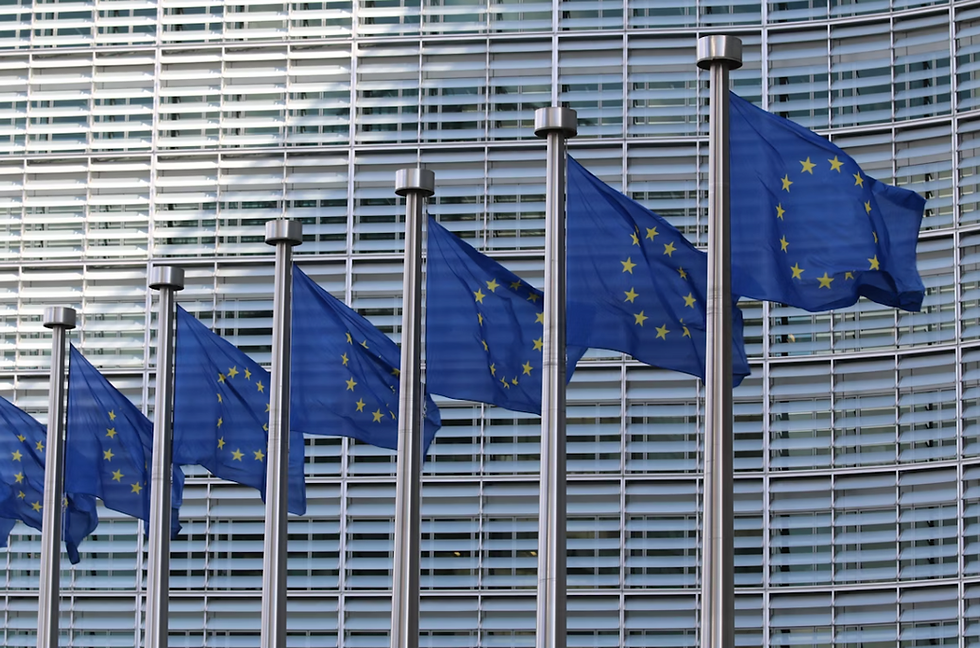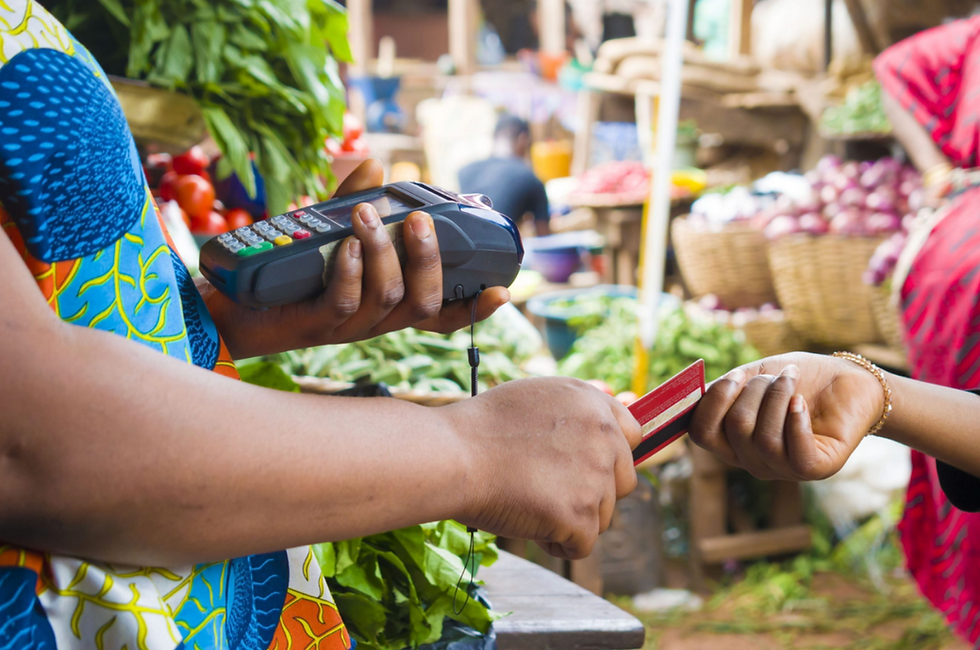The Right to Food Movement Grows Stronger in Europe: The European Citizens’ Initiative on the Right to Food is Accepted by the European Commission
- Jul 16, 2025
- 3 min read
Updated: Sep 9, 2025
July 16, 2025
By Photini Kamvisseli Suarez, Legal Fellow, National Right to Food CoP

On July 8, 2025, the European Commission accepted the European Citizens’ Initiative on the Right to Food (ECI) in its entirety. The ECI represents an opportunity to create an enforcement and accountability mechanism for the right to food across Europe, and serves as a unique and powerful example of widespread collaboration and intersectionality in right to food advocacy.
A European Citizens’ Initiative provides a pathway for European citizens to bring issues of concern directly to the attention of the European Commission and advocate for a legislative response. The ECI was publicly launched on October 22, 2024, in Rome, bringing together right to food advocates from around the world. The ECI lists 16 specific demands from the European Commission to support the full realization of the right to food across Europe, and incorporate longstanding, internationally-recognized human rights principles into European Union (EU) law.
The demands made by the ECI include discussions of sustainable food systems; social protections; fair wages; localization of food systems; affordability of food; reducing the use of synthetic pesticides, chemical fertilizers, and antimicrobials; preserving seed systems; agricultural land access; sustainable water and fisheries management; animal welfare; promotion of healthy diets; free school meals; food loss and food waste; and related international trade regulations. The ECI also mentions the creation of an EU Food Council to ensure that all impacted and underrepresented voices are heard.
Over the next year, one million signatures from European citizens will need to be collected in order to continue progressing the ECI. If the required signatures are obtained, the ECI moves into the examination phase, where the European Commission will meet with ECI representatives to discuss details of the initiative. ECI representatives then have an opportunity to present at the European Parliament on the right to food. This could lead to adoption of a resolution on the right to food by the Parliament. Finally, the Commission will make a decision on what action they will or will not take in response to the ECI. They will need to explain their reasoning in a publicly available document. Representatives of the ECI will also be able to meet with the Commission in person to discuss their decision.

The acceptance of the ECI by the Commission, and even a successful gathering of one million signatures, does not guarantee legislative change. However, it provides a unique pathway to get the right to food on the table in front of the European Parliament, as well as the possibility of enshrining the right to food across the EU. Further, opening these avenues of discourse with legislators and advocates allows for a deeper understanding of the right to food by legislators and of potential roadblocks or obstacles by advocates in their continued right to food advocacy.
In the United States, as in Europe, regulations about how our food systems work vary between localities. As we think through opportunities to strengthen and promote the right to food across the many varied legal and policy landscapes of the U.S., it is helpful to turn to the ECI as an example of widespread collaboration and the incorporation of a multitude of interrelated issues with a shared, overarching goal: good food for all.
To read the full text of the ECI, click here.
To read the European Commission’s official acceptance, click here.
To learn more about the ECI process, click here.
Reminder: Our Global Linkages Working Group meets monthly to discuss our international advocacy efforts and how to grow and deepen partnerships with international partners and allies. To learn more or join the Global Linkages Working Group, please contact Photini or Chelsea:



